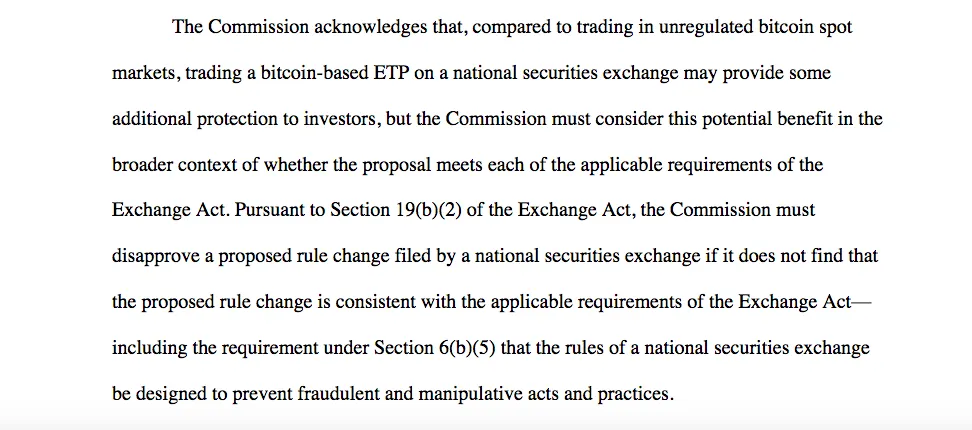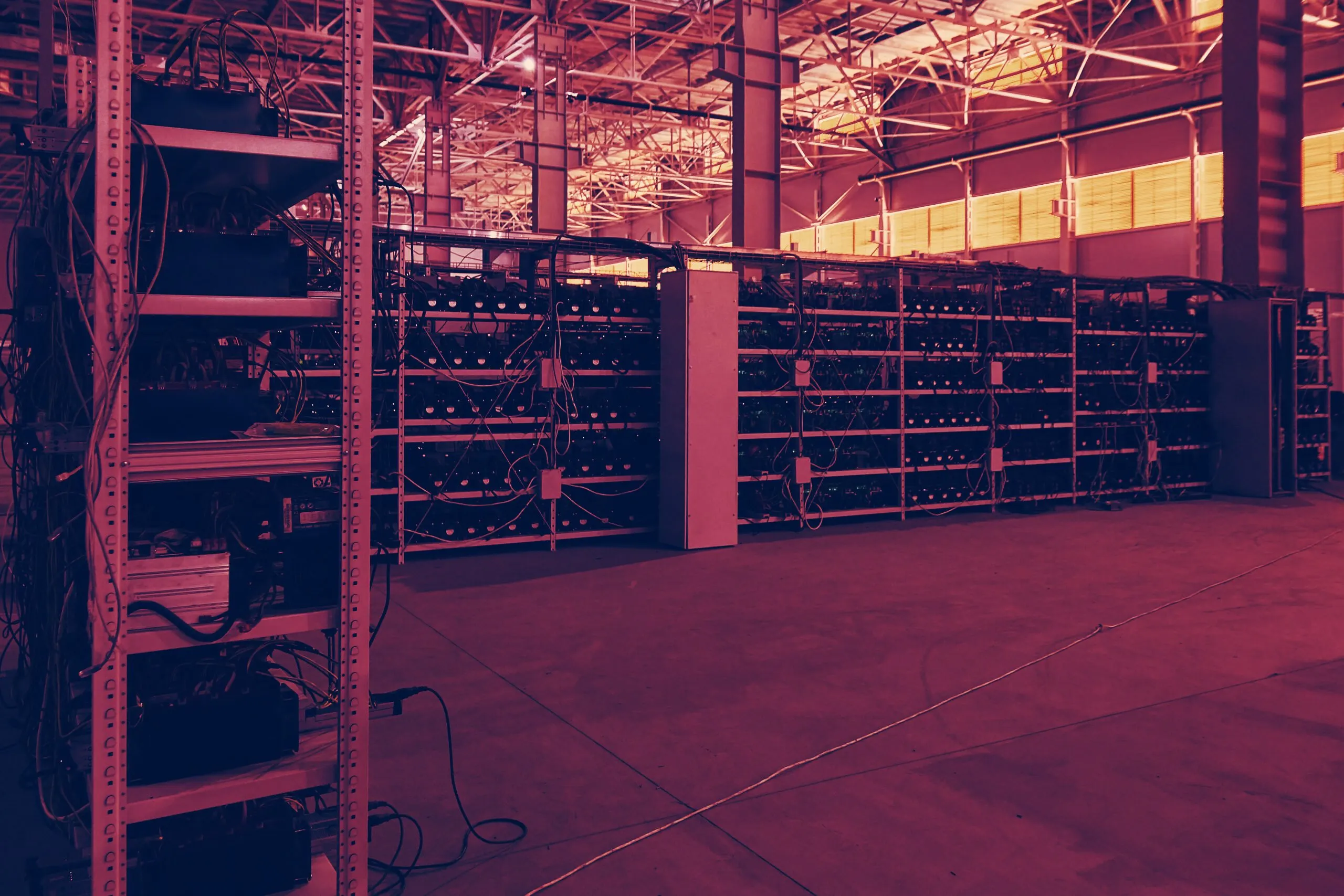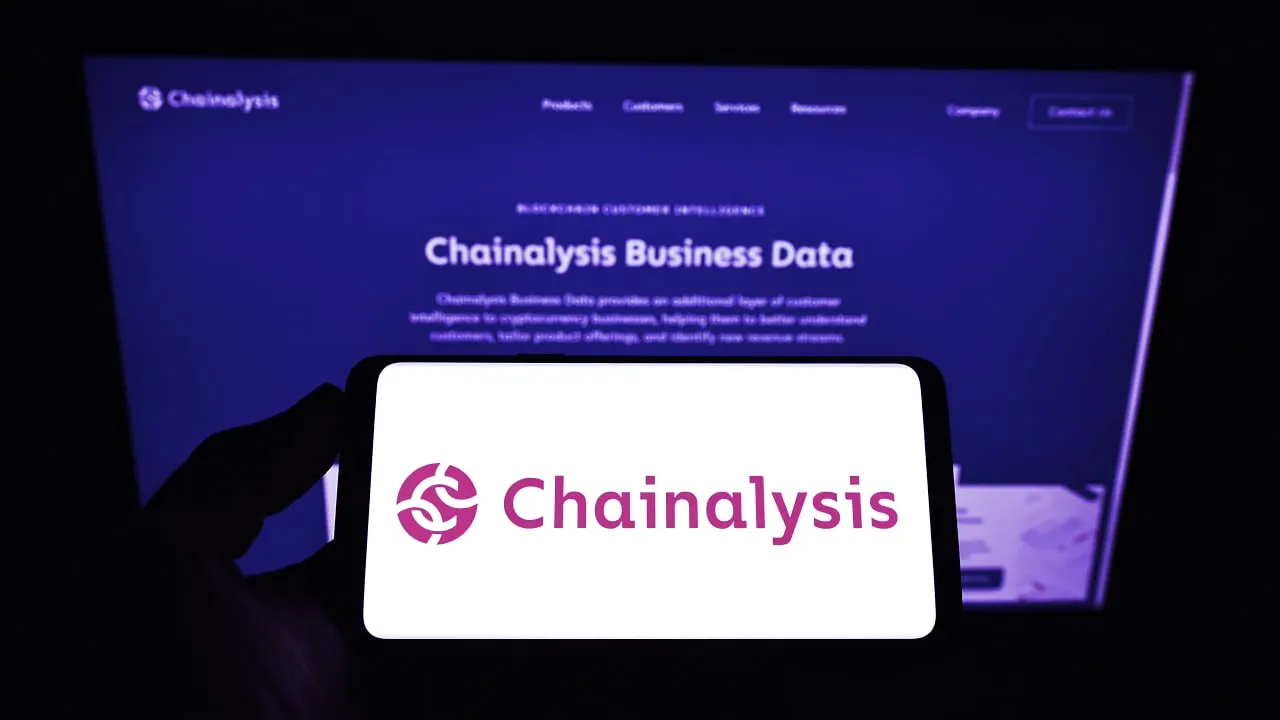The dream has been put on hold. The U.S. Securities and Exchange Commission threw out nine proposals for a bitcoin-based exchange traded fund, citing the failure of ETF providers ProShares, Direxion, and GraniteShares to sufficiently curb “fraudulent and manipulative acts and practices." The decision swiftly knocked $10bn off the global market. Though the SEC noted the possible security benefits of bitcoin and stressed no hard feelings, it insisted that the time was not yet ripe for adoption. But it hasn’t ruled out such funds entirely. (The SEC might, at least, be pleased to know that there’s a new app for detecting ICO scams.)

The SEC’s woes were reiterated in a new thinkpiece by Ripple CTO David Schwartz, an apparent bid to give the continuing “Is Ripple Decentralized?” debate (Debrief Aug 22) some, er, central focus. Declining bitcoin and ethereum mining profits, Schwartz argues, have caused mining giants to pool their resources and acquire disproportionate leverage over the networks. Ripple, meanwhile, offers no financial incentives, meaning individual sovereignty—i.e. decentralization—is maintained. Tomato, tomato, eh?
Many of those ethereum and bitcoin mining pools, as Schwartz points out, are in China. In fact, the country accounts for 80 percent of the global mining output. Yet the Chinese government continues its crackdown on the technology, and is now chasing exchanges and crypto “communication channels” including WeChat and various news sites, according to this tweet by Korean Cryptocurrency and Blockchain News. (Yet somehow, peer-to-peer cryptocurrency lending is, er, growing?)
One country still greets cryptocurrency with open arms: Russia. Officials at the industrial park Levoberezhny, near Leningrad, cut the ribbon for a new 43,055 sq. ft “mining farm,” which cost $7.3m and is loaded with 3,000 power-sponging bitcoin and litecoin nodes. To be exact, that’s 20 megawatts-worth, enough to power around 164 homes. The inaugural press release gruffly acknowledges—with zero gloss—that the facility’s purpose is to “extract digital currency.”
The Russians, with their refreshingly blunt press releases, remind us why we’re really here: to shamelessly print as much money as possible before the Chinese government shuts the whole thing (or at least 80 percent of it) down.




